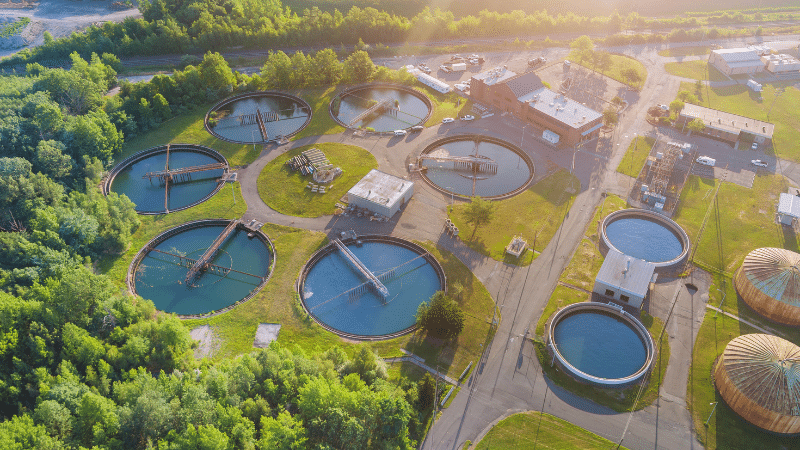Water is one of the important resources that we tend to take for granted. But with the increased industrialization and global population, scarcity of water is becoming a very serious problem. The best way to address this issue is to consider water treatment.
Understanding Water Treatment
Treatment of water doesn’t just involve removing all the unwanted ions and contaminants. The process also entails improving water quality to ensure it safe for use. Based on the kind of contaminants or ions, the process of treating water will involve a certain reaction. But the question is – what type of reaction can be used to remove unwanted ions from drinking water? Well, the reaction involves ion exchangers that remove cations or anions, while releasing other ions with similar charges to the water, with the goal of serving end-uses. These end-uses include water reaction, supply of industrial water, and replenishing environment sources, like lakes and rivers.
Applications
There are many applications of water treatment. Some of the most common applications of this process includes the following:
- Boiler water treatment – Treating water properly helps to prevent damage and maintain efficiency of boiler system.
- Wastewater treatment – Reusing and treating wastewater conserves water resources and minimize pollution.
- Purification of drinking water – The key goal of treating water is to ensure water is safer for drinking.
- Process treatment of water – Industries need specialized treatment of water to meet unique needs of the process.
Why Water Treatment?
Although access to clean water is the basic human right, many regions face a lot of challenges. Luckily, water treatment may help to overcome such challenges as well as ensure water is safe and clean for use. Here are reasons facilities conduct the process of treating water:
-
Add Sense of Security
While municipal water often undergoes a standard water treatment, the process isn’t dependable. Chances are, there could be some residues from chemicals that might find their way in and contaminate the water again. Usually, this happens during natural disasters and unfavorable weather conditions. Because of that, you might want to add another sense of security by simply treating water in the house.
-
Prevent Carcinogenic Risks
Different kinds of viruses and chemicals in contaminated water may cause various illnesses and increase the risks of developing cancer. But pure water for drinking will help to keep things moving in your digestive system and push food through.
-
Improve Odor and Taste
The process helps to improve water odor and taste. Untreated water doesn’t just have unpleasant odor. It also has strong taste due to different contaminants, including algae, chlorine, and sulfur. Treatment of water helps to get rid of these contaminants, making water to smell better and safer to drink. This, in turn, encourages us to drink a lot of water to maintain good health.
The bottom line is that water treatment is a crucial process, which protects public health and the environment. By getting rid of contaminants, you will minimize the risks of cancer, improve odor/taste, and add sense of security.




